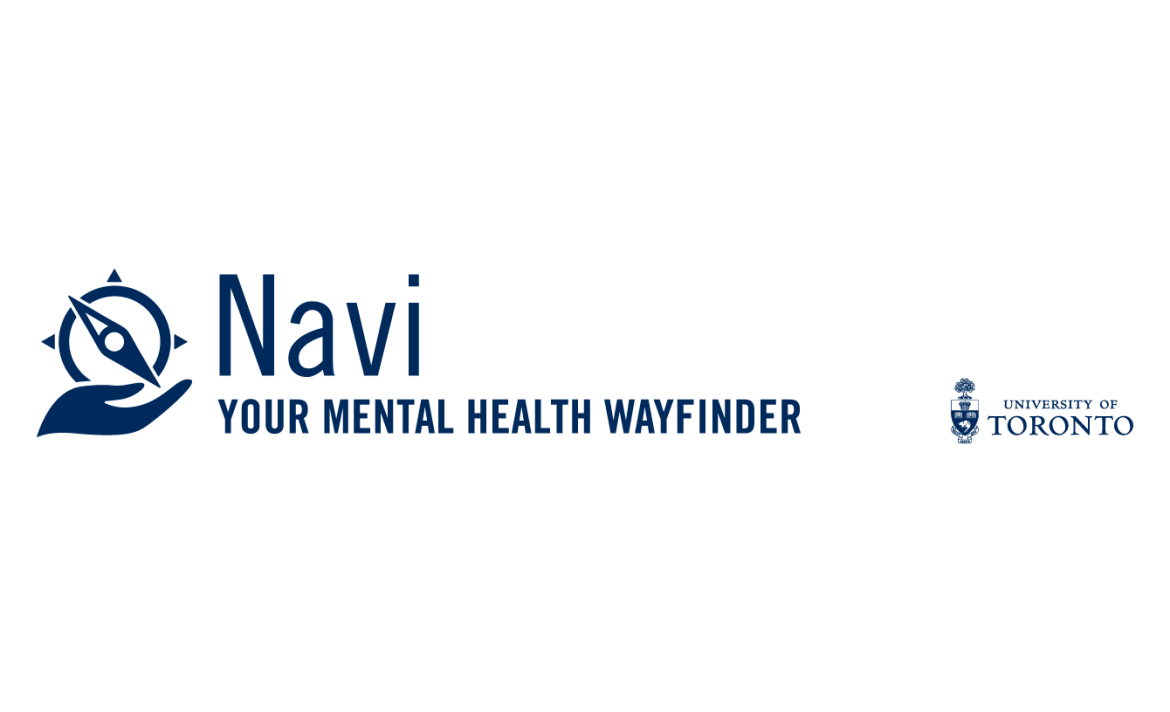Photo Credit: U of T Navi Logo
U of T has launched an IBM powered virtual assistant that will help its students access mental health resources more efficiently
Fatima Azam, The Mike Staff Writer
“Navi,” short for navigator, is the new virtual assistant that will help students find mental health support resources. It is available for all University of Toronto (U of T) students and was developed by U of T‘s Presidential & Provostial Task Force on Student Mental Health. Navi represents an important part of the task force’s plan to improve students’ mental health and wellbeing. Sandy Welsh, U of T’s vice-provost, states that it will be “a simpler way to access mental health information and services,” something students have been asking for since 2019.
Navi was developed using IBM Watson, a system that picks up and responds to natural language. To use the assistant, students will first have to input which campus they are a part of; after doing so, students can either ask any questions or talk about their mental health situation. Navi is not monitored and is completely anonymous. However, for every response Navi gives, the user can give a thumbs up or down with feedback on how the system can be improved.
Navi picks up on keywords used in queries and provides support by providing programs, online resources, and centres that can help. These centres are not restricted to Canada, so international students can find help through Navi as well. International students outside of North America can call the U of T My Student Support Program (U of T My SSP) at 001-416-380-6578 or use the My SSP app which is offered in 35 languages. Some keywords that Navi can pick up on are “stress, anxiety, loneliness, harassment, discrimination, bullying, academics, career, sleep issues, [and] accessibility,” etc. Navi will be continuously updated as feedback comes in, so it will be able to pick up on more and more keywords, leading to better resources being provided to students.
U of T’s student community has been spread around the globe as a result of COVID-19, and online learning has placed certain social barriers in the classes. For students who are struggling during this time, Navi has the potential to help.
Even though Navi will provide a way for students to find resources to support them, some question how helpful this virtual assistant may be. In 2019, the U of T Mental Health Policy Council (MHPC) wrote to The Varsity, criticizing the task force for not adequately representing student interests. The MHPC accused the task force of mis-evaluating students applying for the four student representative positions available by putting their professional and academic experience above lived experiences. Arjun Kaul, University of Toronto Students’ Union Vice-President, Operations, also wrote to The Varsity after meeting with the task force. Kaul wrote that the University of Toronto Student Union had brought up concerns regarding its non-student-led model, however no changes were made to the task force’s structure.
Navi has been tested by both students and staff and the online support system has been available since late September for students.




